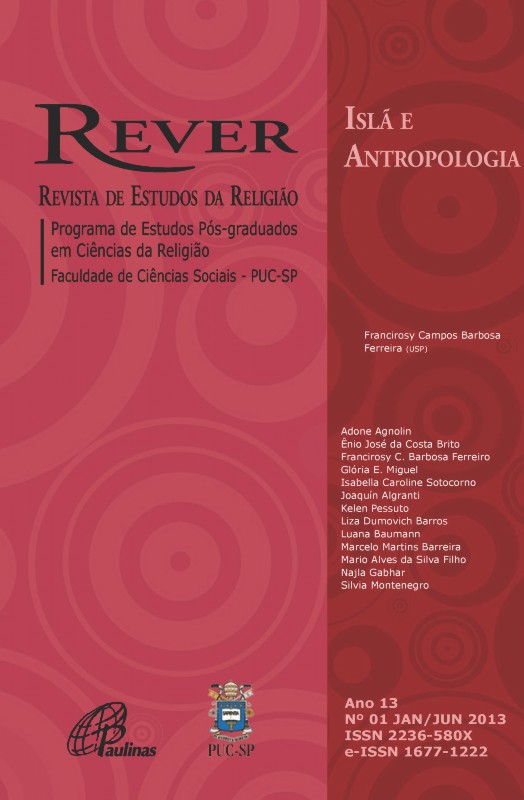Arab immigrants at the south-american border: narratives of labor, religion and imagined futures
Keywords:
Arabs, immigration, identities, Islam, narrativesAbstract
This article examines the narratives of belonging to the Muslim Arab community among immigrants in the Tri-border region (Brazil, Argentina and Paraguay), emphasizing native categories by which individuals construct a multiplicity of identity discourses. The proposed approach is based on the production of discourses outside of institutional spaces such as community organizations and their spokesperson. Using narrative analysis, life story interviews and reconstruction of the immigrant trajectories as research tools, this work analyzes a set of meanings in order to understand not an identity, in this case Arab or Muslim, but processes of identification produced by immigrants and their descendants located in specific social space of social relations. The work and the search for better life, the religious ascription and the imagined futures of being on the border represent identity arenas that inform shared processes of identification.
Metrics
Downloads
Published
How to Cite
Issue
Section
License

This work is licensed under a Creative Commons Attribution-NonCommercial 4.0 International License.
Authors who publish in this journal agree with the following terms:- Authors retain copyright, but grant the journal the right of first publication, with the work simultaneously licensed under the Creative Commons BY-NC License.
- Authors are authorized to assume additional contracts separately, for non-exclusive distribution of the work published in this journal (e.g., publishing in an institutional repository or as a book chapter), as long as with acknowledgment of authorship and first publication in this journal.


